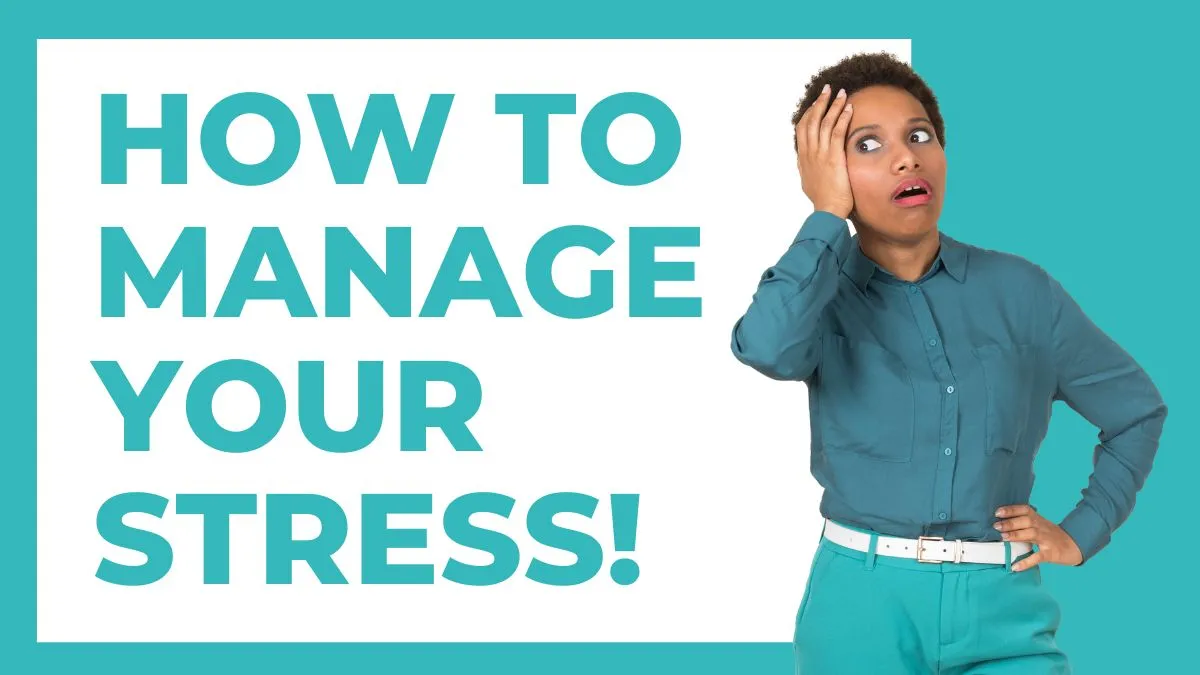- By Priyanka Munshi
- Tue, 16 Jul 2024 06:12 PM (IST)
- Source:JND
Managing daily life stress is essential for preserving overall health and well-being. If stress is not managed, it can result in several physical and mental health issues, including anxiety, depression, heart disease, and high blood pressure. Regular exercise is one of the most effective ways to reduce stress because it promotes the release of endorphins, which are the body's natural stress relievers.
Engaging in mindfulness and relaxation practices like meditation and deep breathing exercises can dramatically lower stress levels by encouraging a state of calm and focus. It's also critical to maintain a balanced diet and obtain adequate sleep because these things support the body's ability to handle stress. Thus, we've outlined a few simple strategies to help you effortlessly handle the stress of daily living, according to WebMD.

By doing some simple techniques regularly, you can effectively handle stress, which promotes better mental clarity, a happier mood, and a longer, healthier life. (Image Credit: Canva)
Eat Healthy Food
A balanced diet full of fruits, vegetables, whole grains, and lean protein will help you easily manage your daily stress levels. Mood regulation and overall well-being are linked to this diet, which also helps prevent stress and mood swings.
Work Out
Exercise is a great method to boost your mood and calm your body and mind, but long-term results need regular practice.
Take Regular Breaks
Make time for relaxation to reduce stress, particularly if you like to set objectives. Engage in relaxing activities, like going for a stroll or listening to music.

Engaging in mindfulness and relaxation practices like meditation and deep breathing exercises can dramatically lower stress levels by encouraging a state of calm and focus. (Image Credit: Canva)
Talk About Your Issues
Talking with friends and family about your problems can actually help you feel less stressed.
Make Time For Your Interests
Every day set aside time, even for 15 to 20 minutes, for fun activities that help you decompress.
(Disclaimer: This article is for informational purposes only. It is not a substitute for professional advice, diagnosis or treatment.)

